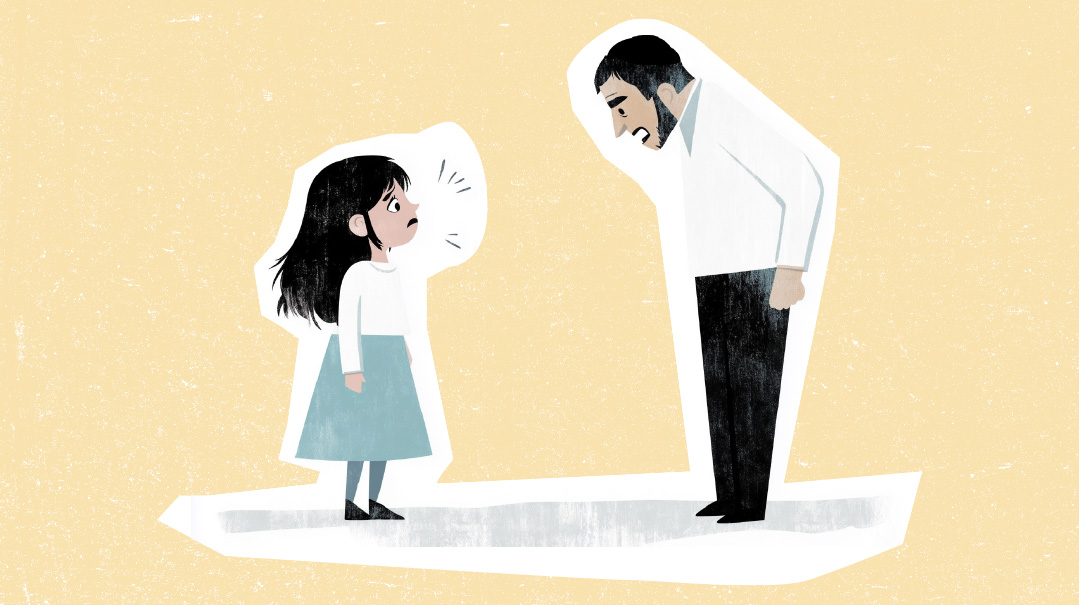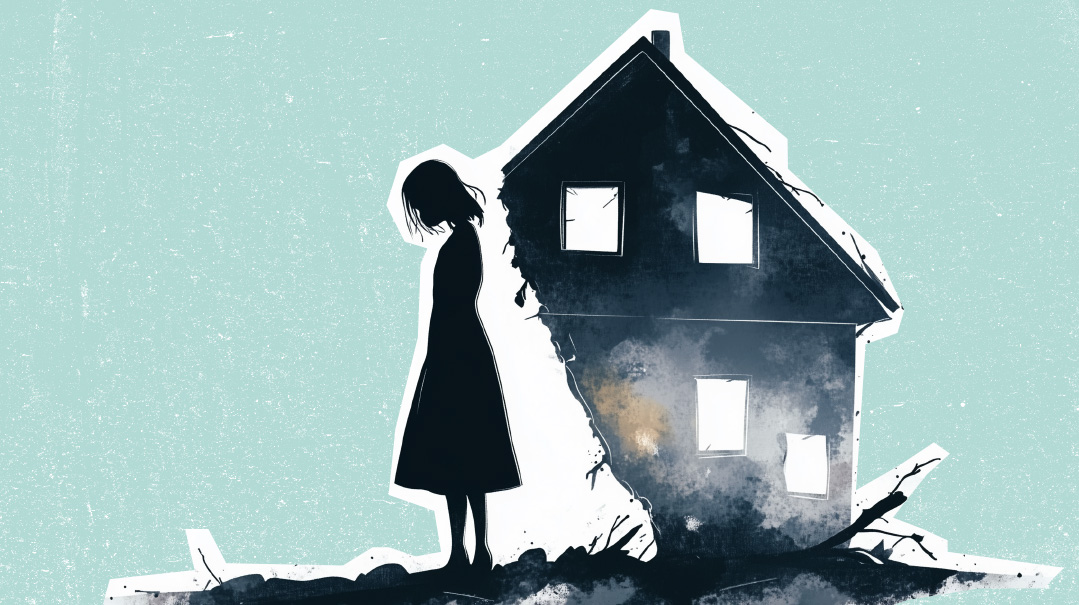“How Can I Survive in This Critical Atmosphere?”

“How can I best survive in this atmosphere, without numbing my feelings, until I can move out?”

Q:
I’Ma young adult in my twenties, living in my parents’ house. My family is extremely critical; regular daily interactions include lots of insults, put downs, and shaming. I’m more sensitive than the rest of my family and always found this very difficult.
As a young child, I numbed my feelings as a coping mechanism; this enabled me to manage in this environment, but also gave me a diluted version of the richness and beauty available in relationships.
Over the past few years, I’ve taught myself to get back in touch with my feelings and have thawed a lot. Although I’ve now gained meaningful relationships with friends and mentors, as I’m no longer as numb, I’ve started to experience a lot more pain.
I’m finding it increasingly difficult to deal with the very critical atmosphere at home. I’m also upset when I notice myself responding to others (usually siblings) in a critical manner. I try very hard not to do so (and often manage), as I know how damaging it is. Moving to my own apartment isn’t an option until I get married. How can I best survive in this atmosphere, without numbing my feelings, until I can move out?
A:
You’re in a very painful situation. While physical abuse is recognized as a source of great harm, it’s not the physical pain itself that creates the “trauma.” After all, kids experience broken bones and bruises as a result of their adventures, sports, and accidents. The emotional scars of abuse are caused by the fact that someone who is supposed to love you is intentionally hurting you.
Understanding this, we can better appreciate the harm perpetrated in a home filled with daily criticism, insults, and other forms of diminishment. Like you, children in such environments develop protective defenses to cope with these attacks on their hearts. Some escape into their minds, their anxieties, or their physical symptoms. Some use anger and dysregulated behavior to scare others off. Some try to be so good that no one will want to bother them, and some just give up and become critical people themselves.
Now that you’ve recognized the dysfunction you’ve been subjected to and have already taken some steps on your healing journey, you understandably want to protect yourself from further harm. Karla McLaren, a social science researcher and author, has developed some useful tools for protecting ourselves that harness the power of conscious imagination.
Her techniques address the fact that all of our defenses (numbness, rage, anxiety, people pleasing, and so on) are created unconsciously. As children, our genes will determine our choice of coping mechanism. But none of these defenses serve us well as we mature and build lives of our own. We now need to consciously create defenses that allow us to be safe, present, comfortable, and in control of our responses. Here is a modification of one strategy that McLaren suggests:
- Imagine that you’re in a transparent, protective bubble made of something like plexiglass.
- Imagine there’s a very tall rose stem right outside the bubble. The flowering head of the rose is at the height of your head, and the stem goes down into the ground, all the way to the center of the earth, where it’s attached to an anchor.
- Imagine the rose has large leaves and, like a real rose plant, has thorns on the stem.
- Imagine that this rose “eats” all forms of negativity, and as it does, grows ever stronger and more beautiful. The rose will digest all negativity before it can reach your bubble. If some negativity were to slip by, it can’t penetrate your plexiglass bubble; you’re safe, calm and, emotionally secure within your own space.
You can use your “bubble tool” when sharing space with negative family members. The more you use it, the more powerful it becomes. Even if you’re sitting with them at the dinner table, you’ll feel as if you’re a great distance away — almost in another dimension. What they say will fail to provoke or harm you in any way. Let your rose plant do the heavy lifting while you enjoy your own dinner!
Rabbanit Sarah Yosef, in her book, It’s All in Your Mind, offers similar tools for protection. Hers are beautifully spiritual in nature, helping to build emotional security through a strong and concrete connection with Hashem. These strategies can help you remain true to yourself and to the correct, positive path you’re choosing to follow. Stay in the light!
(Originally featured in Family First, Issue 828)
Oops! We could not locate your form.





